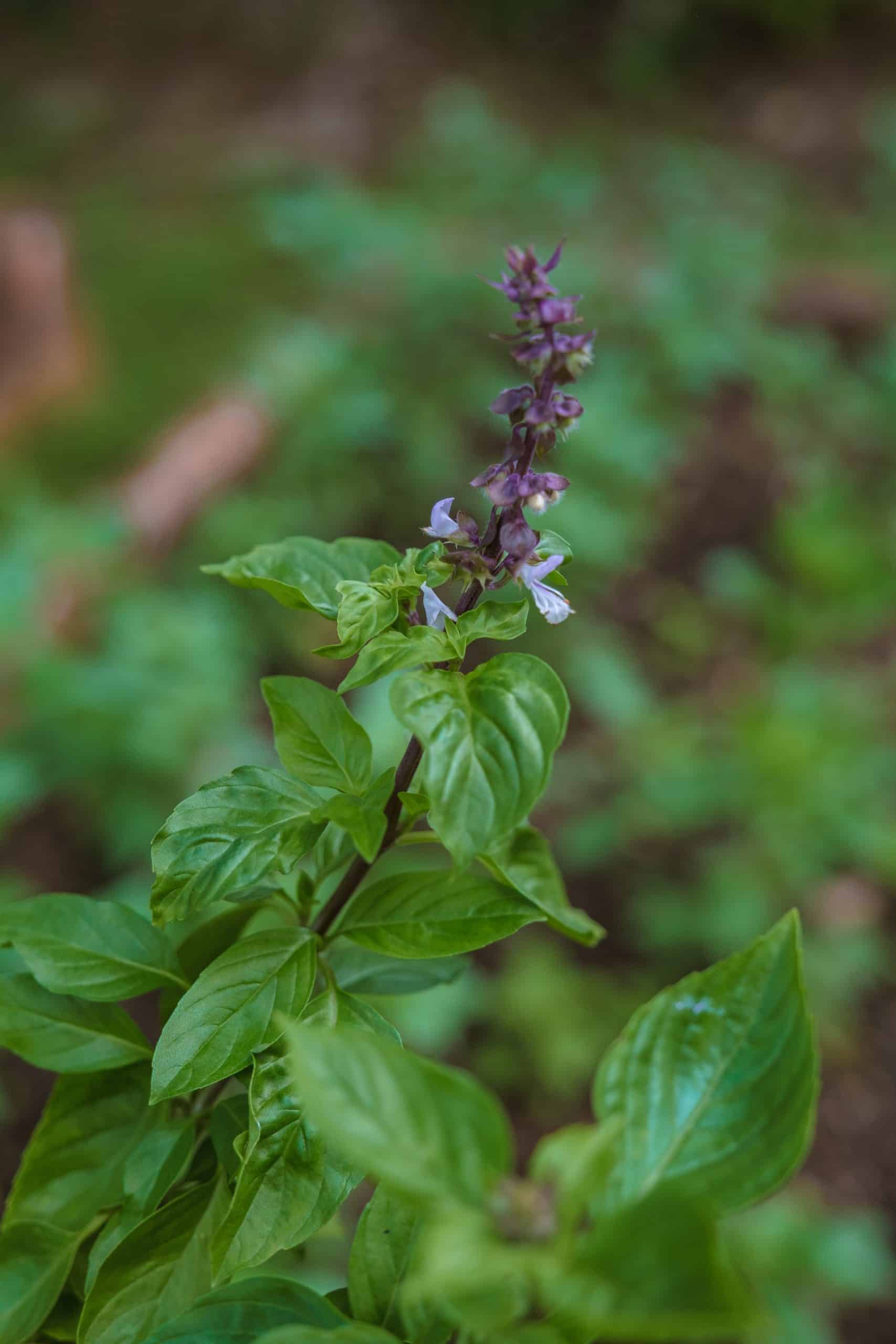How to Effectively Reduce Single-Use Plastic in Your Daily Routine?

In our quest for convenience and speed, we’ve become heavily reliant on single-use plastics. These products have infiltrated almost every aspect of our lives, contributing significantly to environmental pollution. While their convenience can’t be denied, the toll they take on our environment is too substantial to ignore. Thankfully, there are ways to effectively reduce single-use plastics from your daily routines, enabling you to contribute to a more sustainable and eco-friendly future.
Shifting from Single-Use to Reusable Water Bottles
One of the most common types of single-use plastics is water bottles. Millions of them end up in landfills every day, contributing to the ever-growing plastic waste crisis. An effective way to combat this is by shifting to reusable water bottles.
Cela peut vous intéresser : What’s the Latest in Adaptive Clothing for Individuals with Disabilities?
Also to read : The best golf courses in Thailand: championship courses for all levels
With the countless designs and materials available today, you can find a reusable bottle that suits your lifestyle. Whether you prefer stainless steel, glass or BPA-free plastic, there’s a reusable bottle out there for you. Not only is this environmentally friendly, but it can also save you money in the long run.
A lire aussi : The best golf courses in Thailand: championship courses for all levels
Switching to a reusable water bottle reduces the demand for single-use plastic bottles, helping to decrease plastic pollution. Moreover, it can also improve your health as many plastic bottles contain chemicals like bisphenol A (BPA), which can seep into your water.
In the same genre : How to Incorporate Traditional Crafts into Modern Home Decor?
Choosing Plastic-Free Food Containers and Packaging
The food industry is a major contributor to single-use plastic waste. From takeaway containers to plastic-wrapped produce, our food consumption habits have a significant impact on plastic waste.
To reduce this, consider bringing your own reusable containers when ordering takeout or buying bulk food. Many food establishments are now encouraging this practice and some even offer discounts for those who bring their own containers.
When grocery shopping, opt for loose fruits and vegetables over those that are pre-packaged. Bring your own cloth bags for these items. For other products, look for brands that use sustainable, plastic-free packaging.
By making these changes, not only will you be reducing your plastic waste, but you will also be supporting businesses that are making an effort to be more sustainable.
Embracing Plastic-Free Personal Care Products
Did you know that your personal care routine could be contributing to plastic pollution? From toothbrushes to shampoo bottles, the bathroom is often overlooked as a source of single-use plastics.
Start by switching to plastic-free alternatives. Bamboo toothbrushes, for example, are a great sustainable alternative to plastic ones. You can also find shampoo and conditioner bars, which come without plastic packaging.
Another significant contributor to plastic waste is period products. Consider switching to reusable options like menstrual cups or cloth pads. Not only are they more sustainable, but they’re also cost-effective in the long run.
Saying No to Plastic Straws
Plastic straws have become a symbol for unnecessary single-use plastics. They’re used for a few minutes, then thrown away, often ending up in oceans and harming marine life.
Fortunately, there are many alternatives to plastic straws available today. Stainless steel, glass, bamboo, and even reusable plastic straws are widely available. Keep one in your bag so you’re always prepared to say no to a plastic straw.
Of course, if you’re able, the most sustainable choice would be to refuse a straw altogether.
Implementing Simple Changes for a Plastic-Free Life
Reducing single-use plastic in your life doesn’t have to be a daunting task. Start with simple changes, like the ones mentioned above, and gradually implement more as you go along.
Remember, every piece of plastic ever created still exists today. Your actions, however small they may seem, can make a difference in reducing plastic waste and contributing to a more sustainable future. It’s about making conscious choices and being aware of the environmental impact of your decisions.
While it might seem like a drop in the ocean, if everyone made an effort to reduce their single-use plastic consumption, it would significantly decrease the amount of plastic waste we produce. The power to change lies in your hands, and the choice to live a more sustainable, plastic-free life is yours to make.
Committing to Plastic-Free Shopping
Shopping, particularly for groceries and household items, is another area where single-use plastics are prevalent. Plastic bags, packaging, and wrappers are widely used, contributing heavily to plastic pollution.
To reduce your plastic footprints, start by using reusable shopping bags. They’re sturdy, can carry more items, and can be used for a very long time. Furthermore, shops and supermarkets around the world are increasingly encouraging their customers to bring their own bags by charging for plastic ones.
Next, opt for products with minimal or no plastic packaging. Buying in bulk is one way to avoid unnecessary packaging. However, if this isn’t possible, select items with eco-friendly packaging such as paper or cardboard.
Another tip is to choose local products. Besides supporting local businesses, these products often come with less plastic packaging as they do not require extensive packaging for long-distance shipping.
Lastly, don’t forget to dispose of your waste responsibly. Even if you can’t avoid buying products with plastic packaging, ensure they are correctly sorted for recycling.
By adopting these practices, you can help reduce plastic waste and contribute to a healthier environment.
Conclusion: Taking Your Pollution Action Further
Reducing single-use plastic is a step towards a more sustainable lifestyle. However, it’s not the only action you can take to minimize your environmental impact.
Consider other eco-friendly lifestyle changes like conserving water, reducing energy consumption, recycling other materials, and supporting ethical brands. Sustainability isn’t just about reducing plastic waste; it’s about making conscious decisions that benefit the planet in all aspects.
Remember, every piece of plastic ever created still exists in some form today. Each time you refuse single-use plastics, you’re slowing down the rate of plastic pollution. It might seem like a small step, but collectively, these small steps can lead to a significant reduction in plastic waste.
The journey to a plastic-free life isn’t without its challenges, but the benefits to our environment and future generations make it worthwhile. So whether you’re swapping plastic bottles for reusable ones, refusing a plastic straw, or choosing plastic-free products, every action counts.
Ultimately, the choice to live a more sustainable lifestyle is yours to make. With determination, awareness, and a little creativity, you can make a considerable difference. After all, the planet we save is the one we call home. Let’s make it a better place for us and those to come.
